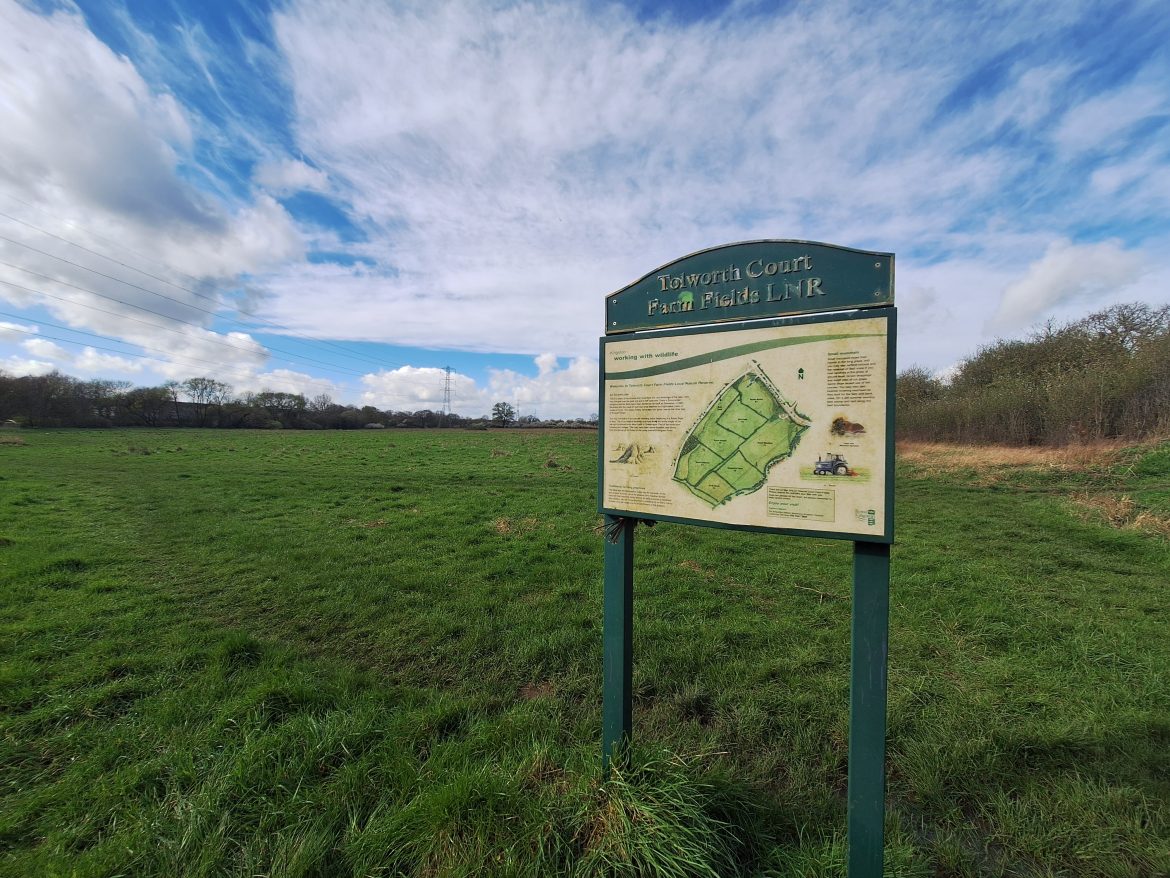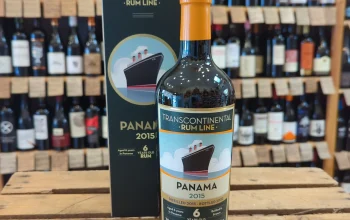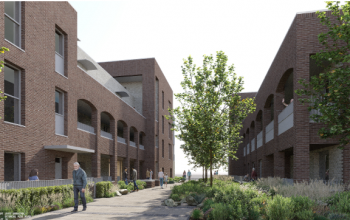Kingston Council has received over £500,000 in grants from the National Lottery Heritage Fund and the Mayor’s Rewild London Fund to increase Tolworth Court Farm’s biodiversity.
In partnership with Community Brain and Citizen Zoo, the council has spent the last two years surveying the borough’s largest nature reserve to see how they can improve the area as part of the biodiversity project, Wild Tolworth.
“This means we can transform the biggest nature reserve in our borough and restore it for the benefit of not only wildlife, but also local residents,” said Councillor Ian Manders, Portfolio Holder for Climate Action and Sustainable Transport.
With the new funding, Wild Tolworth will look to introduce wetland habitats as well as cows and pigs to graze the reserve to bring about ecological recovery.
The aim of the project is to make Tolworth Court Farm an exemplary nature reserve to the rest of Greater London but also to encourage deeper connections between people and nature.
What is rewilding?
Robin Hutchinson, director of the Community Brain, said: “Rewilding is the opportunity to allow an area to return to a more natural state.
“There are ways in which plants and animals work together to be the dominant driving force and we are getting these areas to a point to allow them to run themselves.”
The rewilding of Tolworth Court Farm fits into the council’s aim to “increase the ecological complexity and richness of our environment, to enable natural processes to take place and embrace ecological dynamism”.
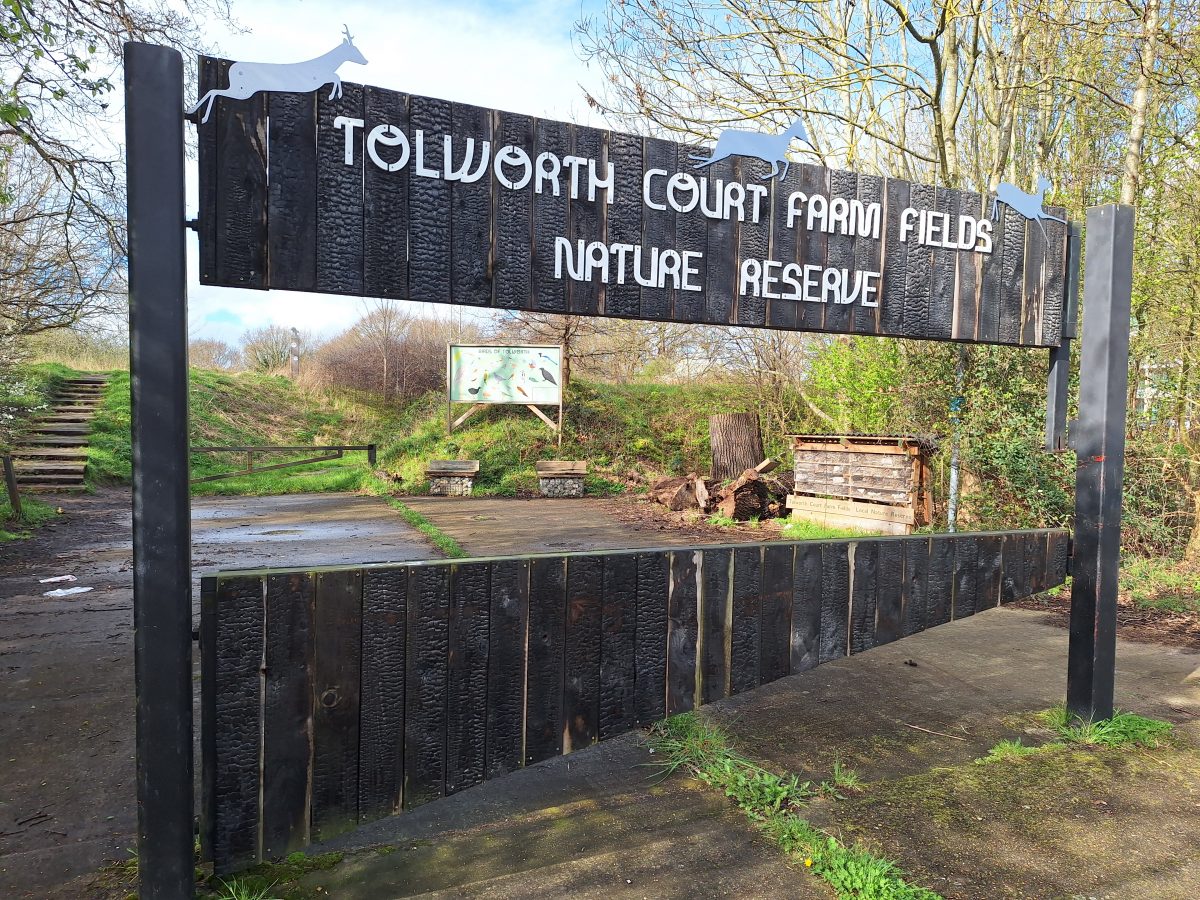
Rewilding falls into the council’s approach to find nature-based solutions to climate breakdown by creating functioning green infrastructure and encouraging local ecosystems to flourish where possible.
This is just one habitat project that falls under Kingston’s Biodiversity Action Plan that aims to protect local ecosystems and minimise the environmental damage caused by human activity.
In short, rewilding is aiding an area’s environmental recovery until it can function by itself.
Why rewild Tolworth?
Research by the Community Brain claims that Tolworth has some of the worst levels of air pollution in the borough, especially around the Tolworth and Hook roundabouts.
The Tolworth Green Infrastructure Audit also identified large areas within Tolworth were residents have to travel more than one kilometre to access green spaces such as public parks and nature reserves.
The west of Tolworth is particularly cut off from green spaces as the A3 acts as a barrier to those wanting to enjoy the local green spaces.
Hutchinson said: “In Tolworth, 95% of residents were unaware of the Court Farm Fields.
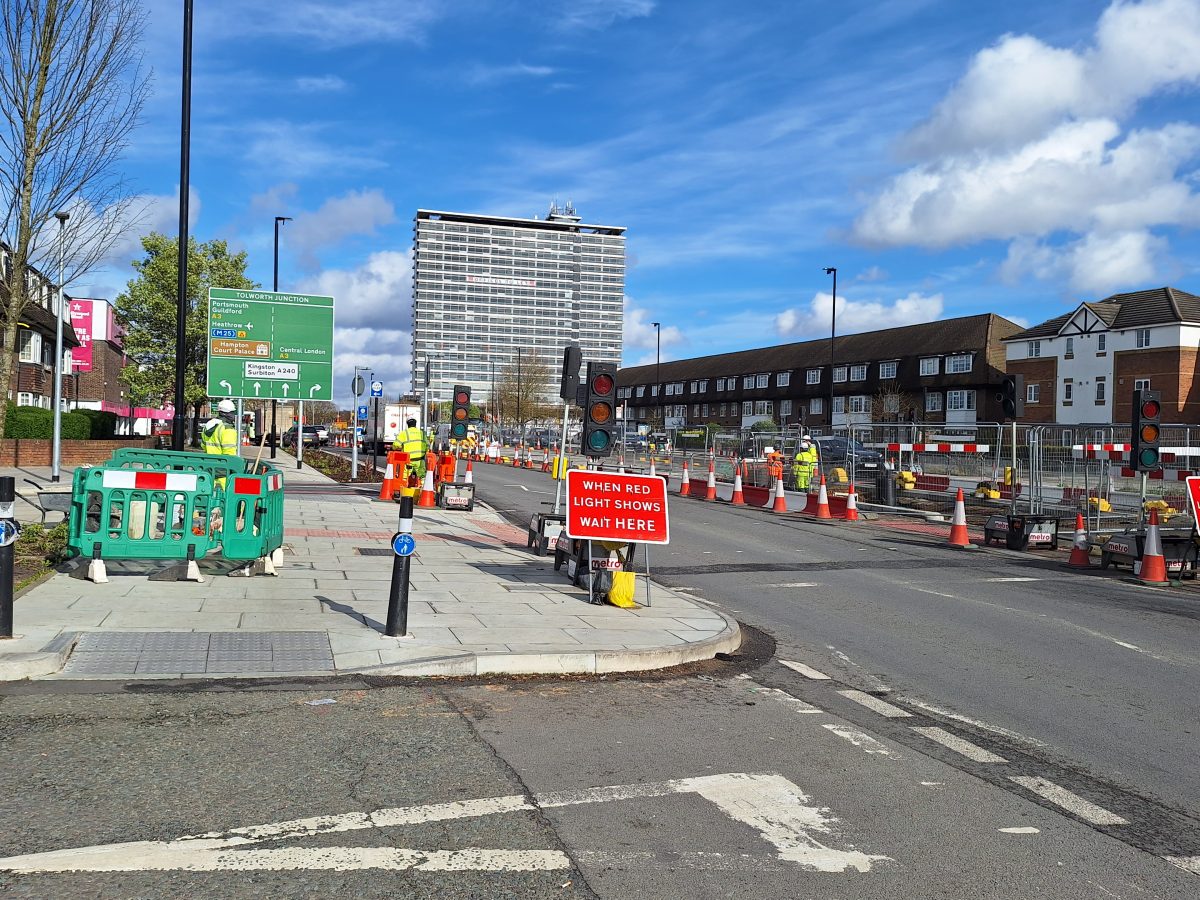
“Make this reserve greener is an actual opportunity to make Tolworth Court Farm become an example for all of Greater London.”
Hutchinson also said that ecological restoration and introduction of wetland habitats will bring made benefits to local residents such as less risk of flooding and “allowing Tolworth to become a lusher, cleaner, and greener place to live”.
An exemplary reserve
Tolworth Court Farm does not only need rewilding to improve its current state and people’s access to nature, but because the reserve is already a place of environmental interest.
The existence of the reserve hearkens back to the Domesday Book and was a green corridor between London and Surrey for centuries.
Nowadays, it is still a major site of grassland biodiversity in the borough as home to a variety of hay meadow plants and wetland birds such as the skylark which is declining in population.
“It’s the largest nature reserve in Kingston Upon Thames. It would be amazing if we could engage with the public and make Tolworth Court Farm an exemplary reserve for the rest of Greater London,” said Hutchinson.
Reporter and former editor for the Kingston Courier.

